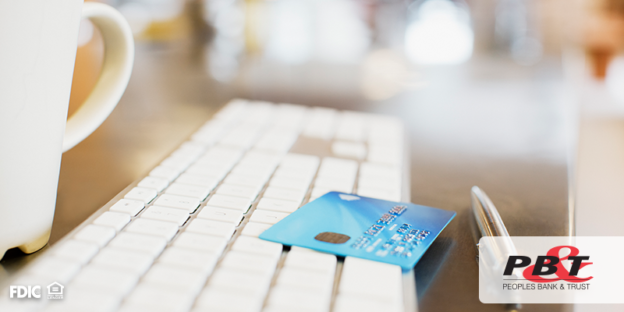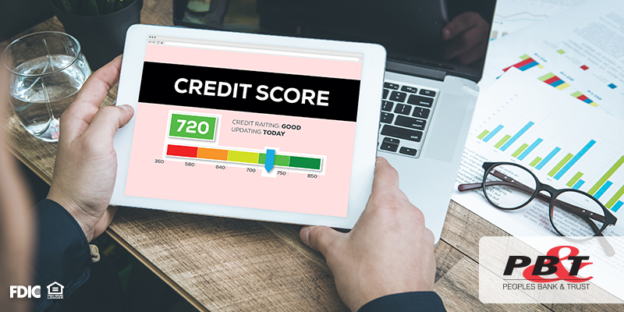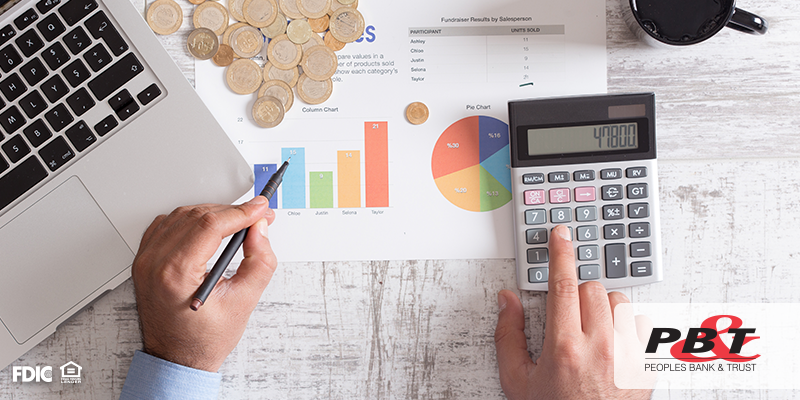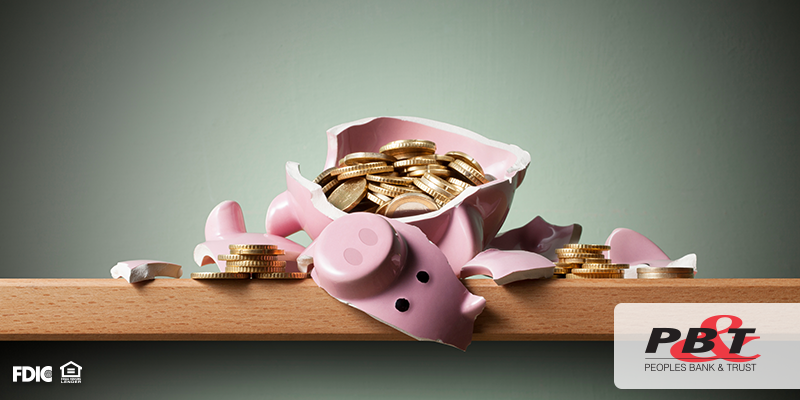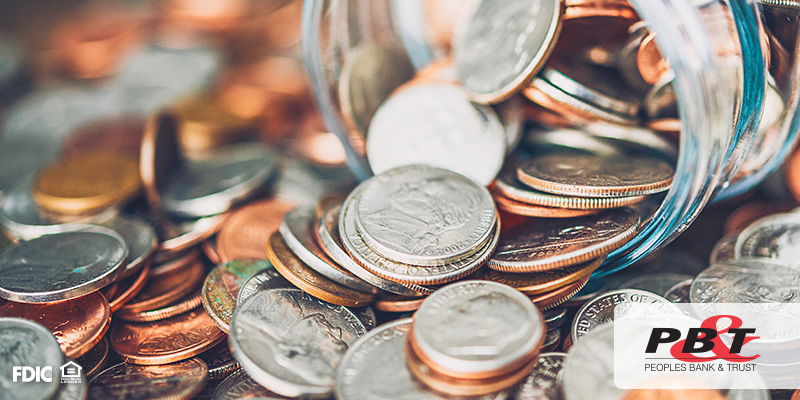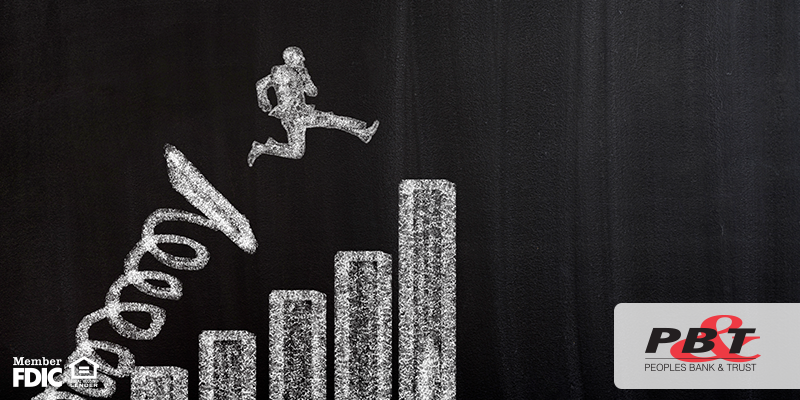 Starting a Financial Fitness routine may be one of the best things you can do for your health. You may not realize it, but financial stress can take a toll on your physical and emotional well-being. If you are one of those who have or are experiencing financial stress, you are not alone. In fact, the leading stressor of Americans is related to finances. Stress if left unchecked, can lead to changes in your body and mood such as: heart disease, obesity, headaches and depression. Whether you are unemployed, have a growing stack of debt are simply bad at money management, you can start working your way to a healthy lifestyle starting with these five steps!
Starting a Financial Fitness routine may be one of the best things you can do for your health. You may not realize it, but financial stress can take a toll on your physical and emotional well-being. If you are one of those who have or are experiencing financial stress, you are not alone. In fact, the leading stressor of Americans is related to finances. Stress if left unchecked, can lead to changes in your body and mood such as: heart disease, obesity, headaches and depression. Whether you are unemployed, have a growing stack of debt are simply bad at money management, you can start working your way to a healthy lifestyle starting with these five steps!
“You can always improve your fitness if you keep training.” -Pastor Maldonado
- Assess Your Fitness Level
In order to know where you’re headed, you need to have a full understanding of where you are starting. Know what you spend, what you have, and what you owe. The first month, simply track what you spend. You may be surprised at how many unnecessary purchase habits you make daily. Take note of what you are taking in post-taxes, so you have a baseline of what you have to work with every month. Of special importance is investigating all of your debt. Find out your credit score, and all debts that may have even gone to collections. This is the most overwhelming step, but don’t fret-you are on the right path. If you would like assistance with this, feel free to reach out to Peoples Bank & Trust to help you along in the process.
- Decide Your Fitness Program
What are you training for? This is where you map out where you would like to go. Create short and long term goals and what time frame you would like to achieve them. We suggest starting out with eliminating your debt, by paying off the lowest one first. What habits and routines do you want to establish? What do you want your budget to look like? You can build activity and goals into your daily routine. One aspect to understand is that this is not a quick-fix process. It will take time, so keep your activities simple and progress slowly into building habits. Building financial strength takes time.
- Assemble Equipment
Now that you have an understanding of where you are and where you want to be, you can put it to paper! Investing in a journal or a simple pad of paper is a great way to organize your daily routines and financial flexors. Additionally, there are many free apps! However you prefer to track it, make it practical and enjoyable!
- Get Started
Now that you have completed the first few steps, you are ready to begin! You have your well thought out plan, so now it is time to execute. You can be creative with your routine, if you want to find savvy ways to save on basic needed items-do it. Whether that be cooking a meal at home, or learning how to change the oil in the car. It is your plan to tailor.
- Monitor Progress
Lastly, we recommend that you monitor your progress every month, as needs can change frequently. It will also help keep you in check and encourage you from straying far from your goals. You will know them by heart. If you need a Financial Coach to hold you accountable, reach out to a friend or trusted advisor. As your fitness level increases, you may find yourself able to be flexible and switch up your goals, or create new ones. Training takes time, energy and self-control, but by following these steps you are well on your way to being fit!
Peoples Bank & Trust Co.
Member FDIC
Equal Housing Lender



